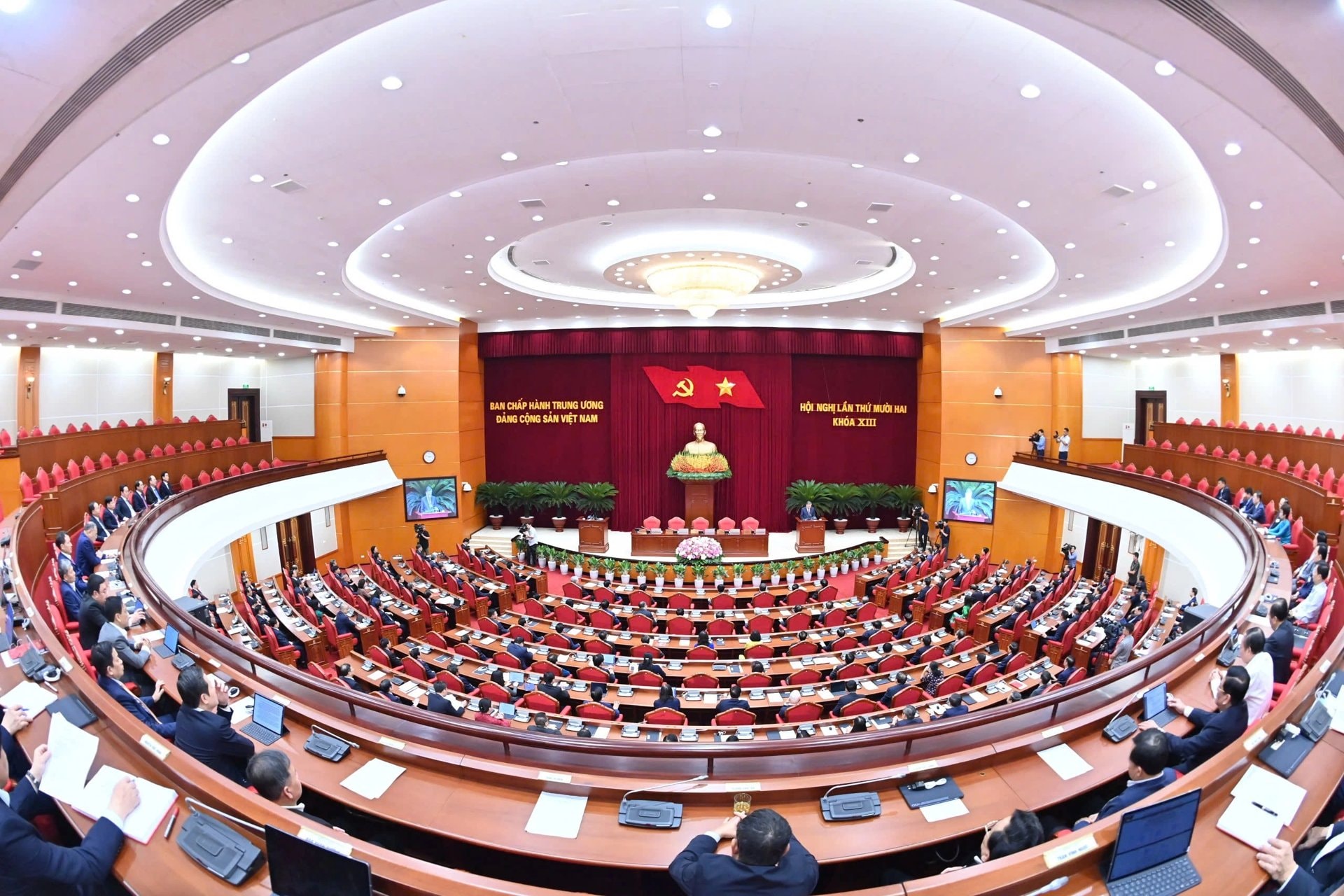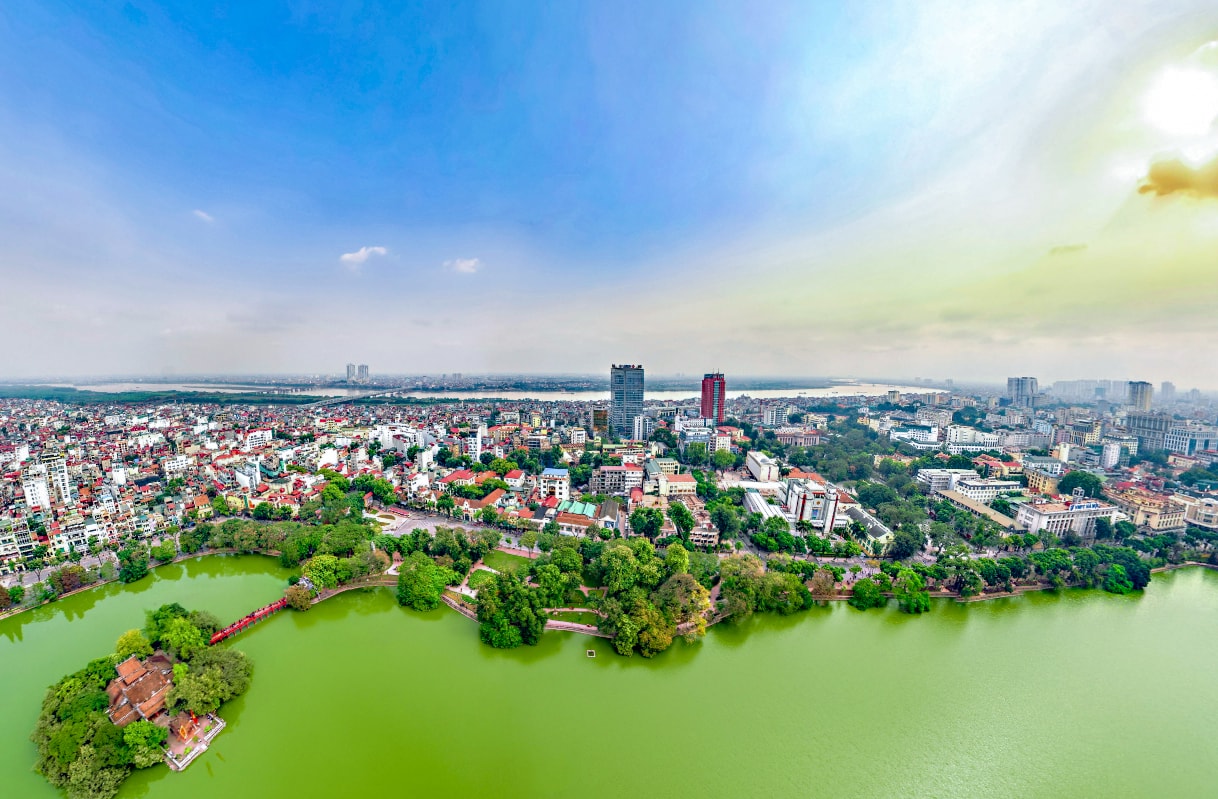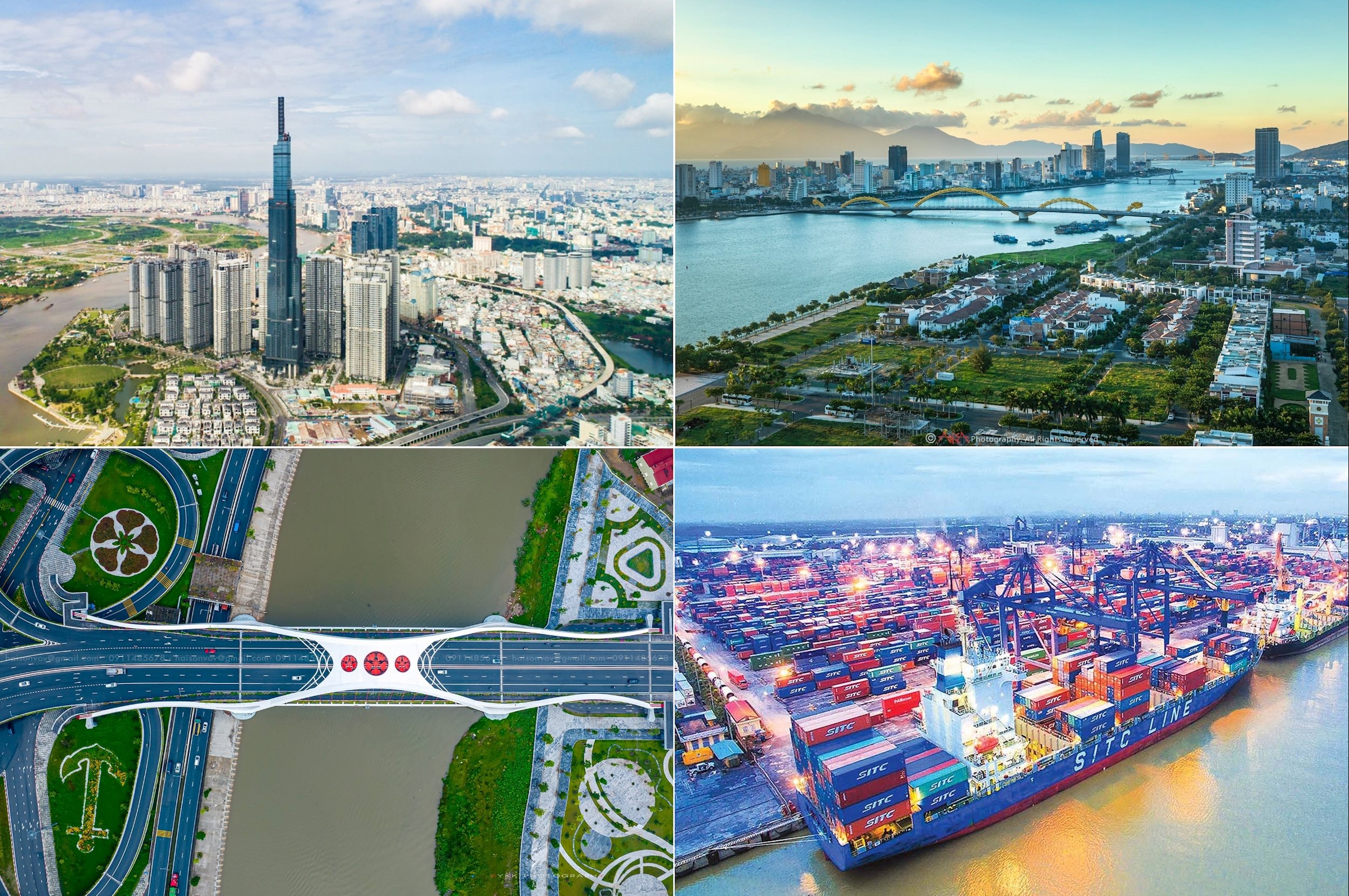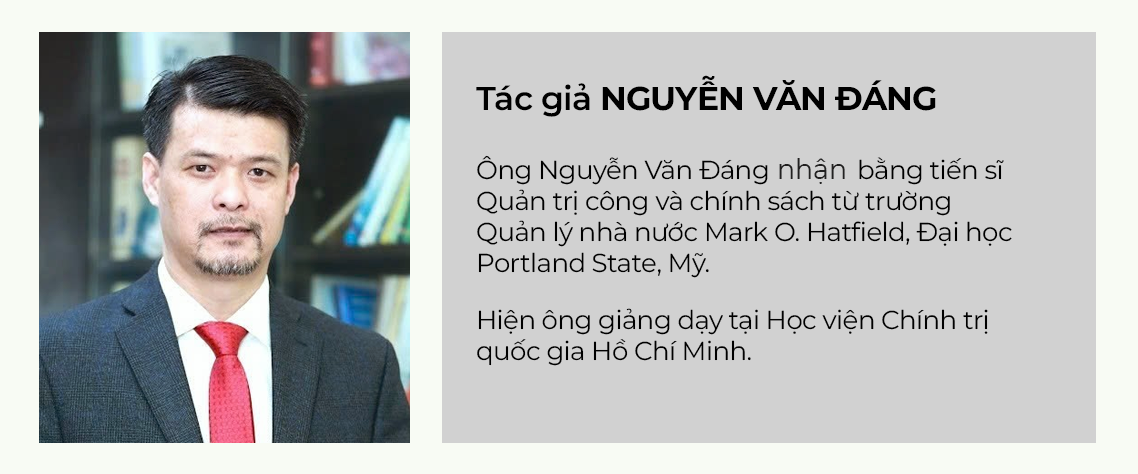Institutional frameworks: A new foundation for development.
The 12th Conference of the 13th Central Committee of the Communist Party of Vietnam recently reviewed many issues, including discussions, assessments, and evaluations of important resolutions recently passed, related to the process of perfecting institutional conditions in our country. Accordingly, continuing institutional reform in the spirit of strongly shifting from a "management" mindset to a "development-creating" mindset was one of the key conclusions of the Conference.

Dr. Nguyen Van Danrice• August 6, 2025
The 12th Conference of the 13th Central Committee of the Communist Party of Vietnam recently reviewed many issues, including discussions, assessments, and evaluations of important resolutions recently passed, related to the process of perfecting institutional conditions in our country. Accordingly, continuing institutional reform in the spirit of strongly shifting from a "management" mindset to a "development-creating" mindset was one of the key conclusions of the Conference.

The resolutions considered include Resolution No. 18-NQ/TW, dated June 16, 2022, of the 13th Central Committee of the Communist Party of Vietnam on continuing to innovate and improve institutions and policies, and enhance the effectiveness and efficiency of land management and use; Resolution No. 27-NQ/TW, dated November 9, 2022, of the 13th Central Committee of the Communist Party of Vietnam on continuing to build and perfect the socialist rule of law state of Vietnam in the new period; and Resolution No. 18-NQ/TW, dated October 25, 2017, of the 12th Central Committee of the Communist Party of Vietnam on continuing to innovate and reorganize the organizational structure of the political system.
When discussing institutions, researchers often divide them into two groups: formal (written) institutions and informal (unwritten) institutions. Since 1989, James G. March and Johan P. Olsen, two prominent representatives of the "New Institutionalism" approach, have defined "an institution as a fairly stable set of rules and organized practices, embedded in structures of meaning and resources that are relatively stable in the face of individual change and relatively stable in the face of individual expectations as well as changes in external circumstances."

In fact, when considering the formal institutional framework in each country, three fundamental components are usually considered: the organizational system (administrative apparatus), the system of processes and operating principles, and the system of norms regulating the behavior of individuals and organizations, as well as the diverse relationships between different entities. The primary function of the institutional framework is to shape and regulate the behavior of individuals and organizations, as well as political, administrative, economic, and social relationships.
Lessons from many countries suggest that a complete, modern, and robust institutional framework will not only ensure stability and predictability for production, business activities, social relations, and state management, but also foster dynamism and creativity among social forces. Therefore, good institutions not only maximize but also protect and nurture various resources for the sustainable development of the country.

Regarding the implementation of the Resolutions related to the aforementioned institutional framework, the 12th Conference noted that we have initially achieved positive results. Specifically, "The legal system has been formed and perfected relatively synchronously, openly, transparently, and easily accessible, basically regulating all areas of social life; creating a legal foundation for socio-economic development, ensuring national defense, security, and international integration."
The viewpoints and policies in Resolution 18 on land management and use "have been institutionalized and implemented synchronously and promptly, and have initially been proven correct and appropriate in practice, contributing to freeing up land resources to meet the development requirements of the country."
In a vigorous implementation of Resolution 18 on streamlining the organizational structure of the political system, we have deployed a two-tiered local government system in 34 provinces and cities, encompassing 3,321 communes, wards, and special zones. Preliminary results show that "the system is basically functioning well, without major problems; officials and civil servants are initially adapting; work processes are relatively smooth; public services are resolved faster; and the people express their agreement and expectation that the new model will be more effective."

Looking to the future, the 12th Conference also objectively assessed the shortcomings and limitations of the institutional reform process in our country. For example, "The mindset in lawmaking in some areas still leans towards management, limiting innovation, resource mobilization, and the creation of new growth drivers." Regarding land institutions, "the implementation process still faces some difficulties and obstacles that reduce the effectiveness and efficiency of state management and have not fully utilized the potential of land resources to serve the socio-economic development of the country."
It can be seen that the aforementioned shortcomings reflect the limitations of traditional state management thinking, which prioritizes the central role of the government along with its ability to supervise and control socio-economic activities, primarily through the institutional system. In the context of modern society, where the needs of people's lives and the activities of businesses are becoming increasingly diverse and complex, such classical thinking and management models will increasingly reveal their inappropriateness and inability to keep pace with the level of social development.

Since the 11th National Congress of the Communist Party of Vietnam (2011), institutional reform has been identified as one of the strategic breakthroughs for the country's development. Although the process of institutional reform in Vietnam has been diligently implemented and has achieved encouraging initial results over the past decade, at many recent Central Committee meetings and in speeches by Party and State leaders, institutions and the legal system are still considered "the bottleneck of bottlenecks"; "the thinking in lawmaking is still heavily focused on management rather than development creation; processes and procedures still have shortcomings."

Today, globally, institutions are considered one of the leading "resources" for development. In other words, a nation that wants to develop inevitably cannot maintain an institutional framework that is incomplete or even outdated in the face of the realities of modern social life.
Therefore, the recent 12th Central Committee Conference reaffirmed the guiding principle for the process of reforming and perfecting institutions in our country, which is to "shift strongly from a 'management' mindset to a 'development-creating' mindset." It can be seen that by emphasizing the requirement of "development-creating," the Party has determined that national development, not state management, should be placed at the center and considered the ultimate goal of the institutional reform process in our country.
This also means that all institutional additions and adjustments must contribute to maximizing the country's resources and mobilizing the strength of all social forces to create a national synergy serving national development. We believe that, with the spirit and very modern guiding principles from the 12th Conference, the process of removing institutional bottlenecks in our country will move forward strongly, with noticeable changes and positive impacts in the near future.




